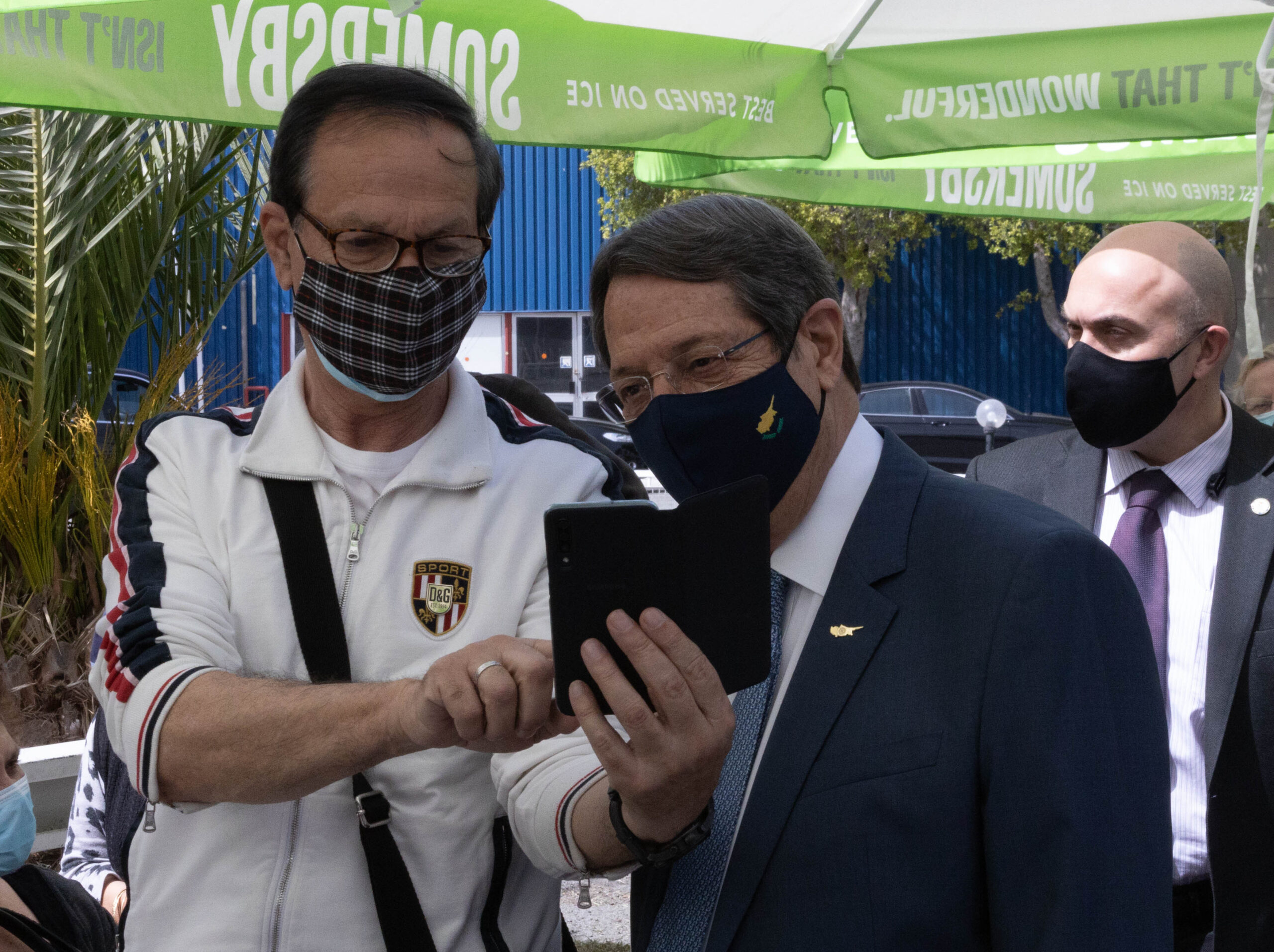The new President, who takes office in five months, needs to set some urgent priorities, chief among them the island’s division, the energy crisis and its impact on household incomes.
Not to mention reinstating public confidence and trust in state institutions, fixing whatever is broken, from potholes in roads to school buildings falling apart.
We need a “people’s president” who will not be afraid to roll up their sleeves (there are no female candidates in the running, for now) and get to work, showing the public they care.
Ten years ago, the incumbent President Anastasiades said he inherited a bankrupt government and pulled it together, saving the country from complete financial implosion, creating jobs and re-starting the economy.
Little did he know, or so he said, of the dire situation of public finances and galloping national debt.
He did all these things to his credit, but at a cost.
Households continue to suffer; long-term unemployed have yet to find a job; construction jobs were created to rescue developers from default; an inflated workforce at the banks prevented them from leaping into the digital age, while corruption flourished.
Travelling overseas this summer, the first time after the Covid restrictions were lifted, many Cypriots witnessed road conditions in other countries were either death traps or far better than the national network.
Abroad, construction has been in harmony with the environment.
At home, the rush to erect skyscrapers and sell passports to potential foreign investors has been detrimental to sustainable development.
The nightmare scenarios are plenty of where Limassol could find itself in a decade, no thanks to the rapid and unplanned construction boom.
Although highways are being built, such as the Astromeritis-Evrychou sector announced this week, extending this road up to Prodromos or Troodos is not yet on the table, even though this would give the mountain regions a tremendous economic injection and boost community-building.
Perhaps, some plans were left in the drawer on purpose so that the new President would miraculously reveal them to the public to maintain popularity.
However, major upgrades, such as the one promised for the infamous Tseri avenue in Strovolos, a primary road linking southeastern suburbs with the capital’s centre, are nowhere to be seen, with the only motorists able to handle this road, those with 4WD jeeps.
A struggle between local authorities continues to leave many potholes unfilled and layers of dried concrete at many junctions uncleaned, costing car owners a higher fee for maintenance and repair of torn tyres.
The long-overdue southern circular is a sight for sore eyes and offers some hope that projects are eventually getting underway.
However, their duration is very often too long, and safety measures, such as the absence of overhead lighting at temporary junctions, could cause deadly motor accidents.
Paphos Mayor Phedonos has often been criticised for being a populist, for getting behind the wheel of a tractor and tearing down illegal constructions to gain followers and ‘likes’ on social media.
But is this not what the mayors of all towns should have been doing anyway?
Aren’t mayors and municipal councillors elected and paid to clean up our towns?
How else will we attract foreign investors and tourists if crossing a road is as risky as wading through a crocodile-infested pond?
We need actions, not talk.
Presidential candidates must stop preaching to the converts and deal with real issues quickly.
And they must have these solutions before the February elections.










